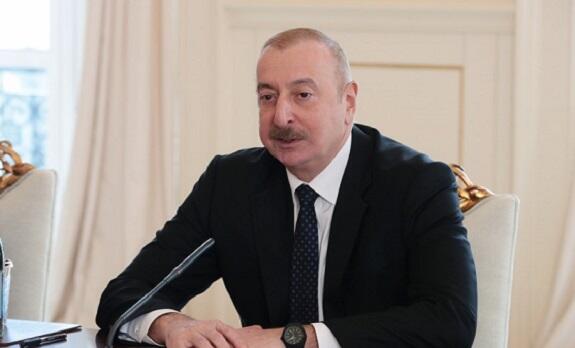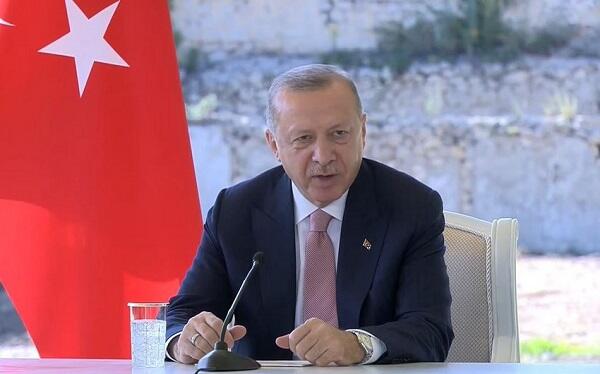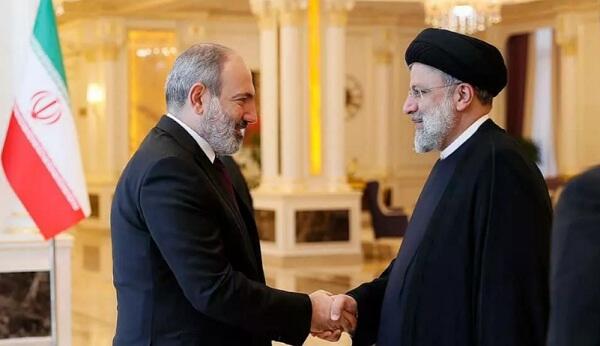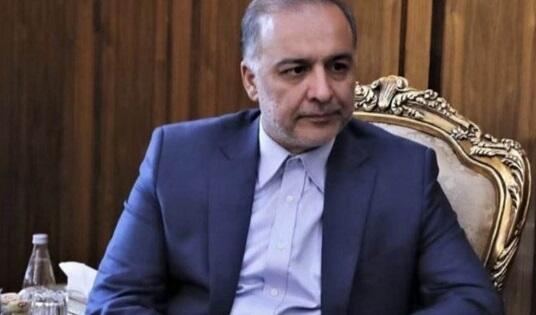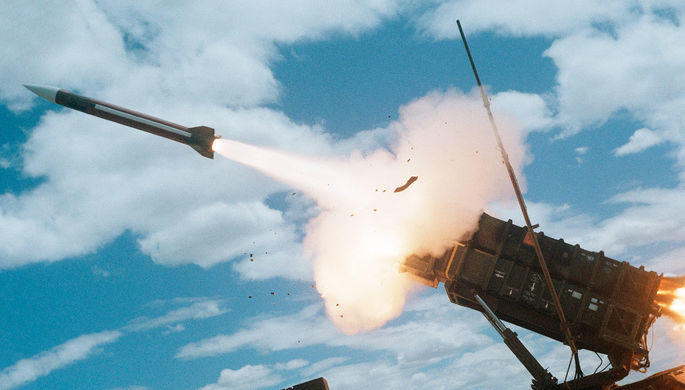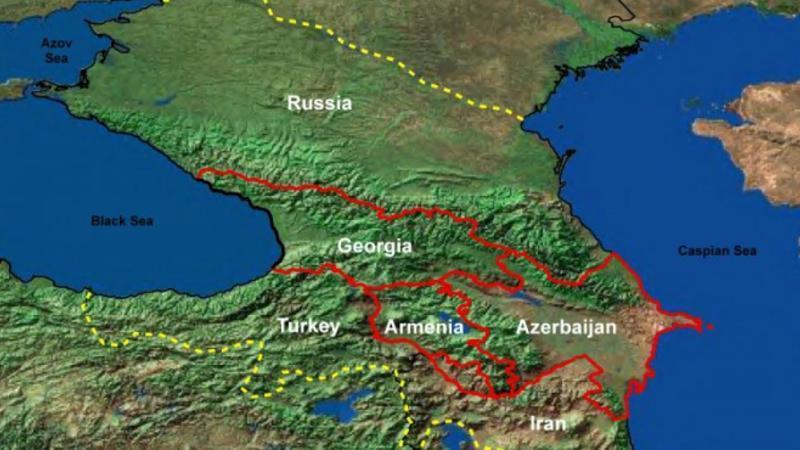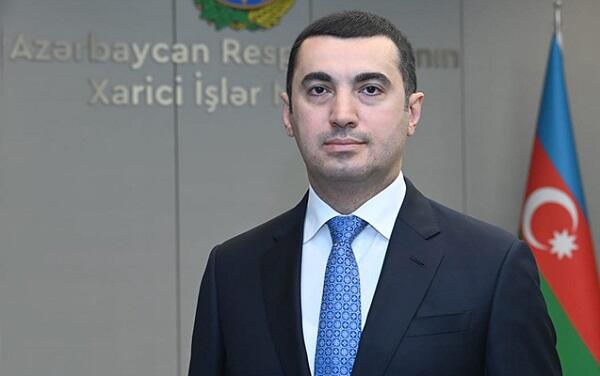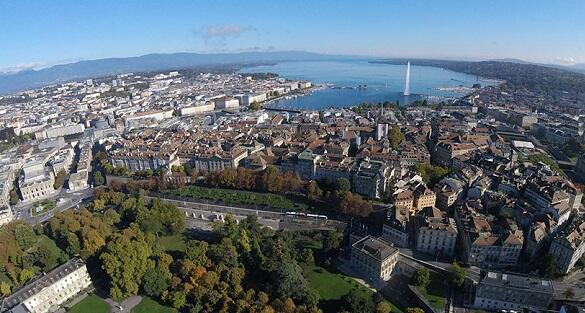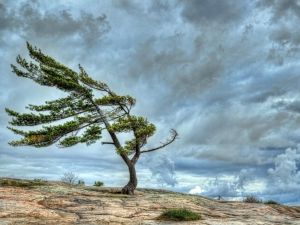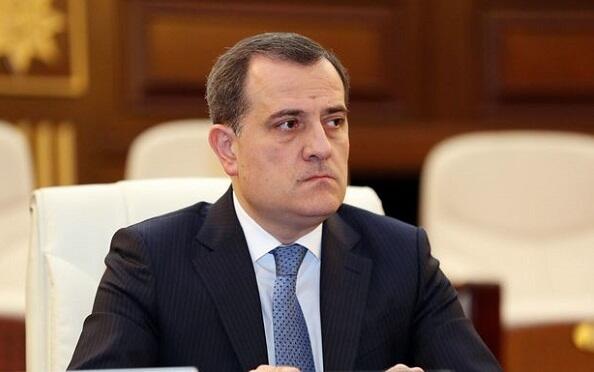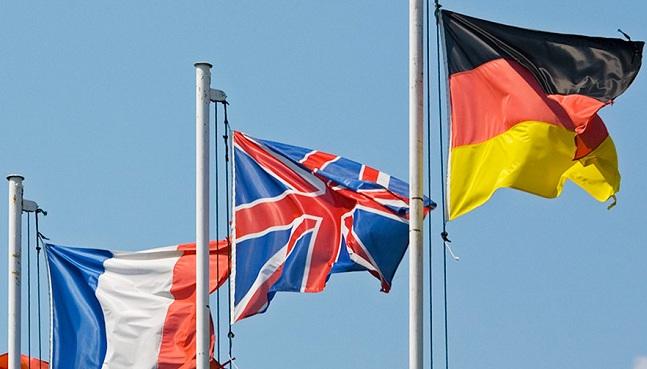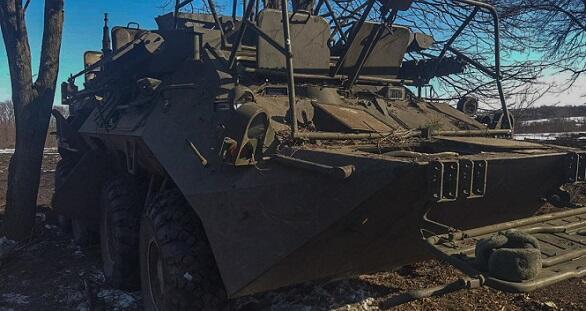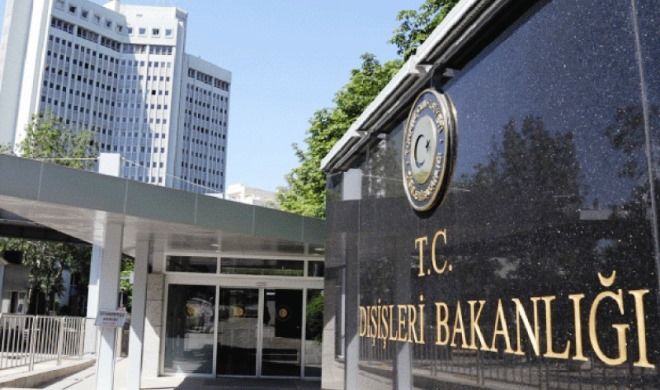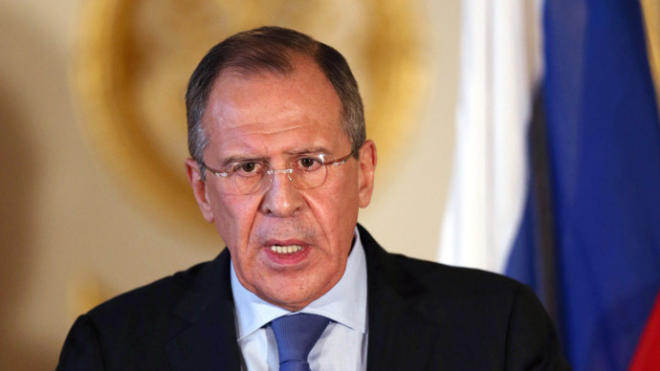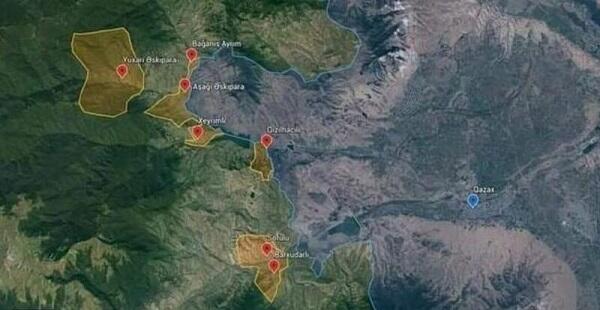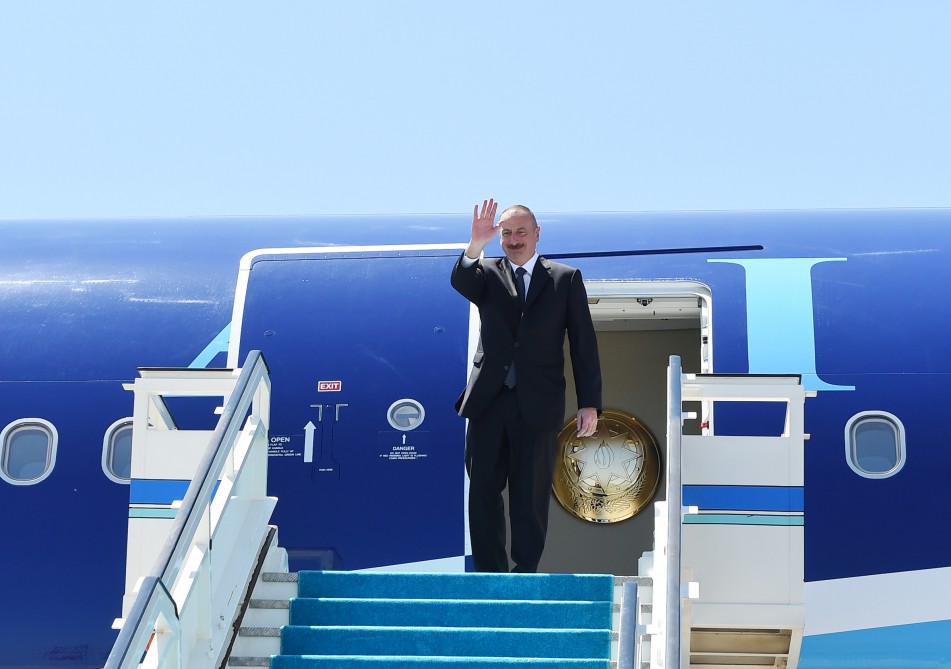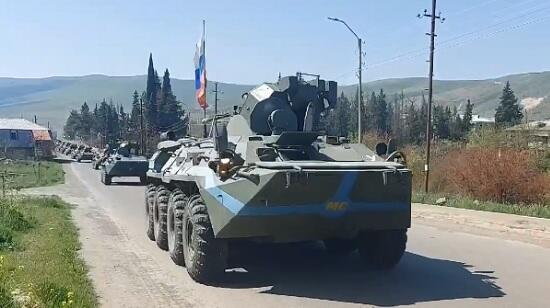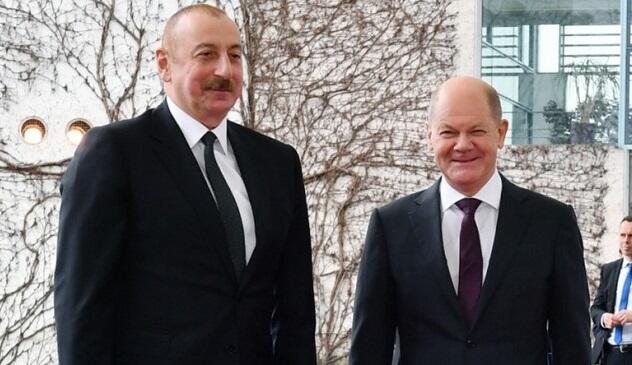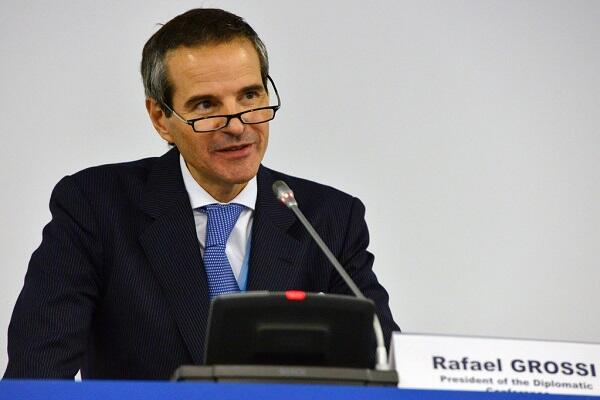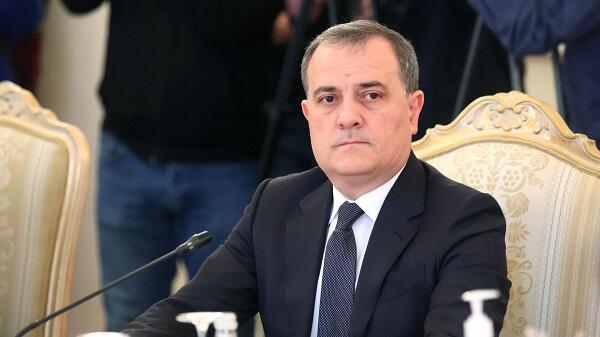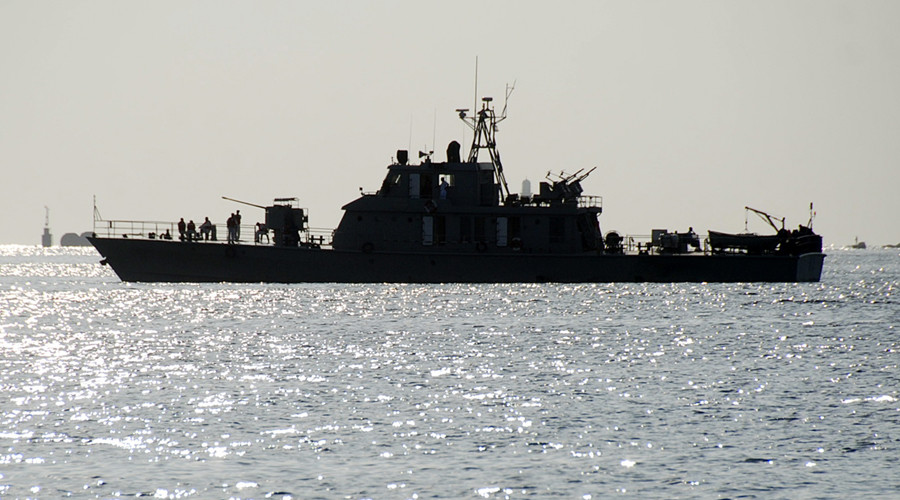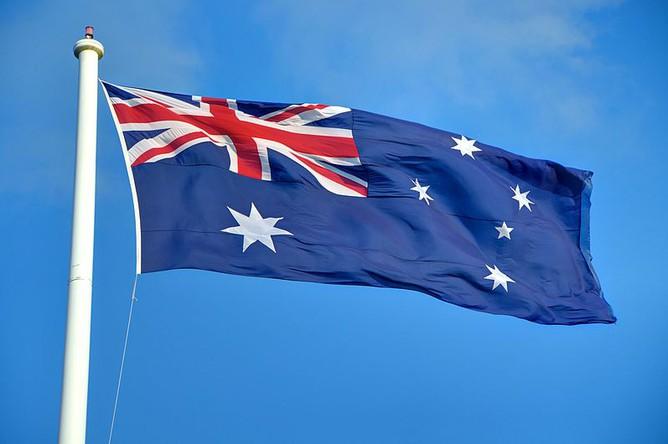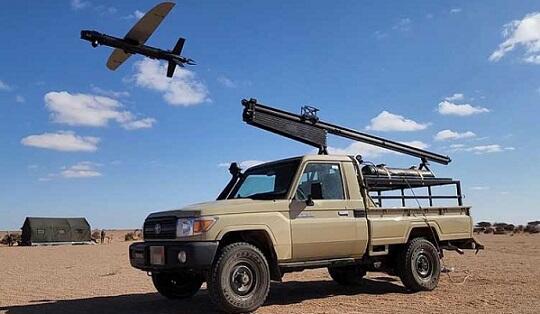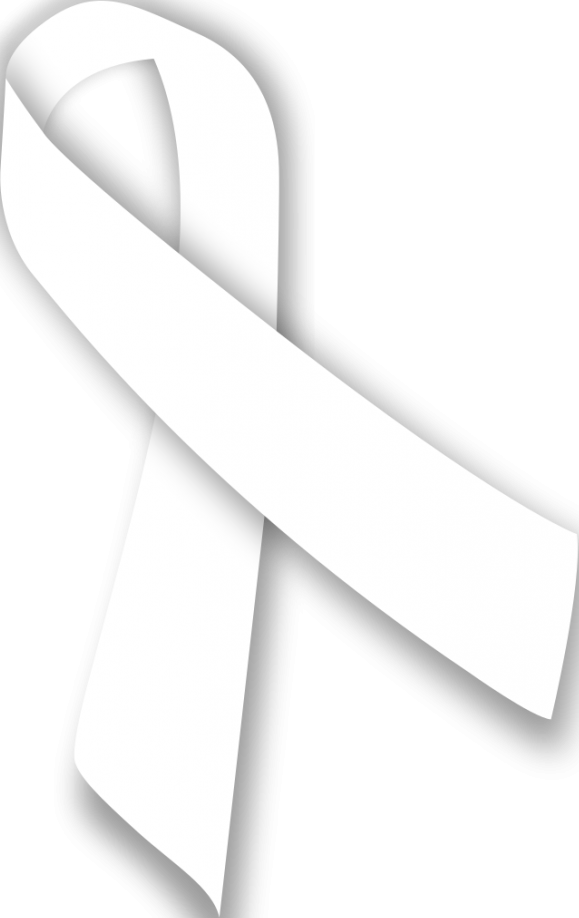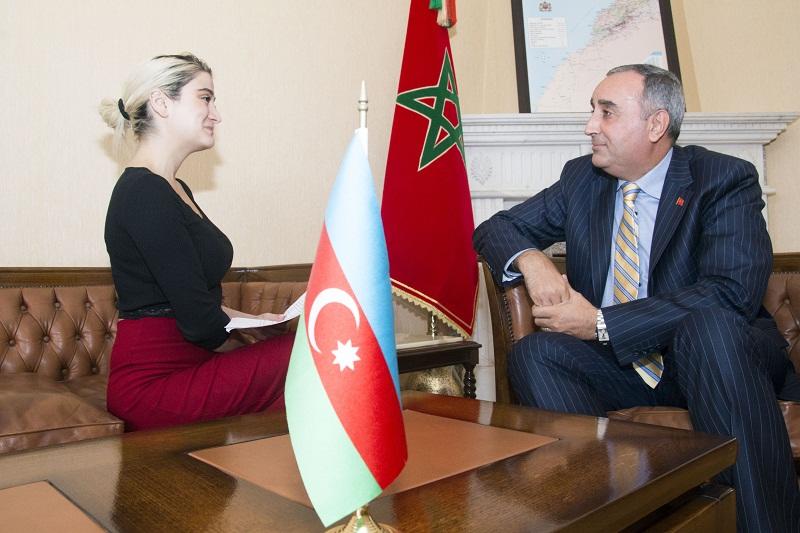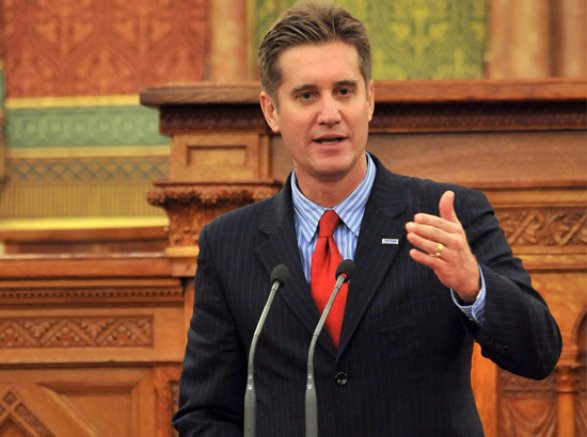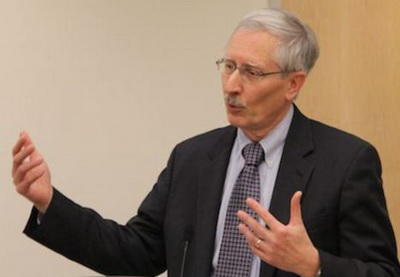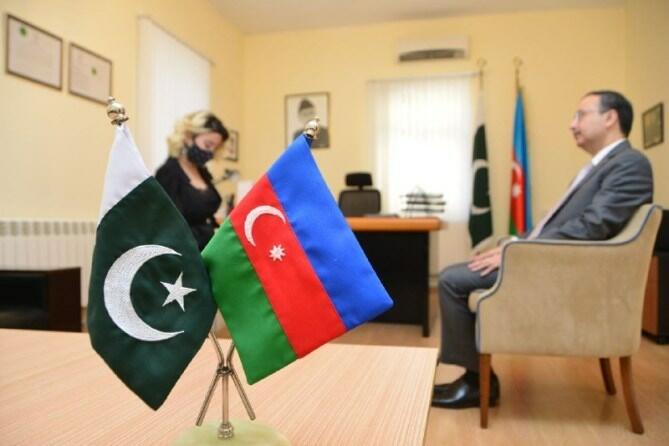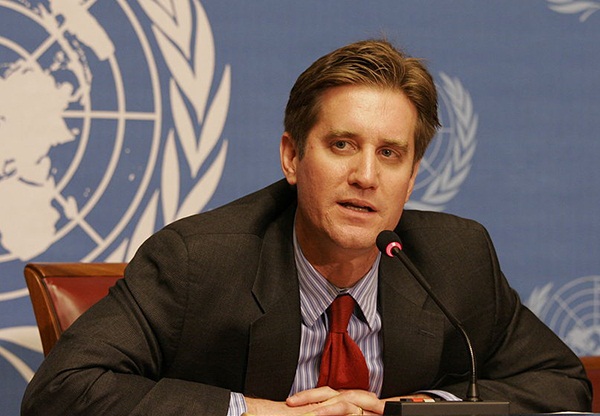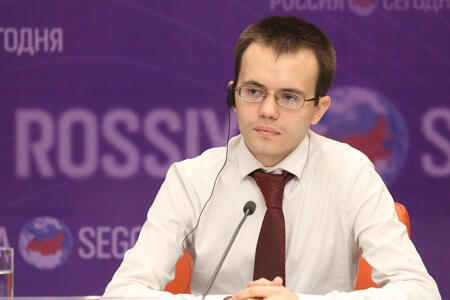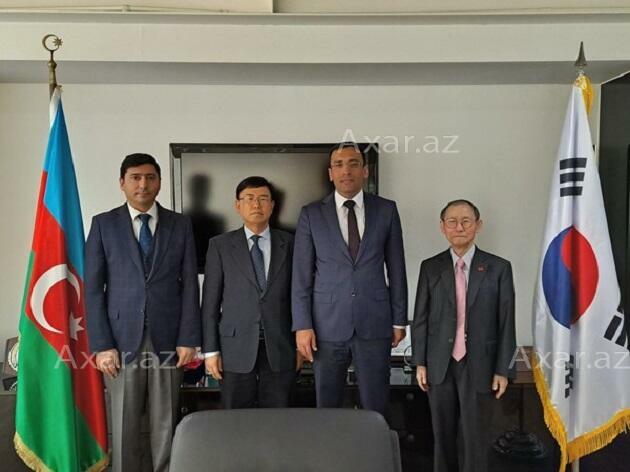Axar.az represents an interview with Mohammad Adil Embarsh, Ambassador Extraordinary and Plenipotentiary of the Kingdom of Morocco to Azerbaijan:
– How would you describe Azerbaijan-Morocco relations with three words?
– Strong, excellent and promising. Strong because our relationships are based on principles of mutual respect and support, and so many things we share in common, humanitarian values that we share with each other. Excellent because there is no problem between our two countries, no misunderstanding, no dark sides. We are close to perfection. Promising because there are numerous options that we can implement together. I hope, our joint projects in humanitarian, economic and cultural spheres will be developed. Promising seems the right word because Morocco and Azerbaijan have a wonderful future.
– Mr. Ambassador, Morocco is one of the first countries to recognize Azerbaijan's independence. How can you assess current political and economic relations between Morocco and Azerbaijan? What were the major achievements of the two countries over 26 years of diplomatic relations?
– Although we are five or six thousand kilometers from each other, we are in the best stage of our bilateral relations. Both countries were elected as Non-Permanent members of the UN Security Council in 2012-2013 and pursued a major political cooperation which continues up to now. Certainly, our bilateral relations are based on ancient roots. As you mentioned, Morocco recognized Azerbaijan's independence in 1991. Later, in 1994, former President of the Republic of Azerbaijan Mr. Heydar Aliyev paid an official visit to Morocco. This visit was a milestone in an OIC Summit Resolution. This event was very important for Azerbaijan and Morocco. Today Azerbaijan receives full support from the Organization of Islamic Cooperation. Minister of Foreign Affairs and International Cooperation of the Kingdom of Morocco Nasser Bourita paid an official visit to the Republic of Azerbaijan on March 5 and met with Foreign Minister Elmar Mammadyarov to conduct the second session of the political consultations and the first session of the Joint Commission on Bilateral Cooperation. The political consultations were very fruitful and both sided expressed their satisfaction. The Joint Commission was an opportunity to launch the bilateral cooperation in several areas. Several Agreements were signed and more are being negotiated and will be signed soon.
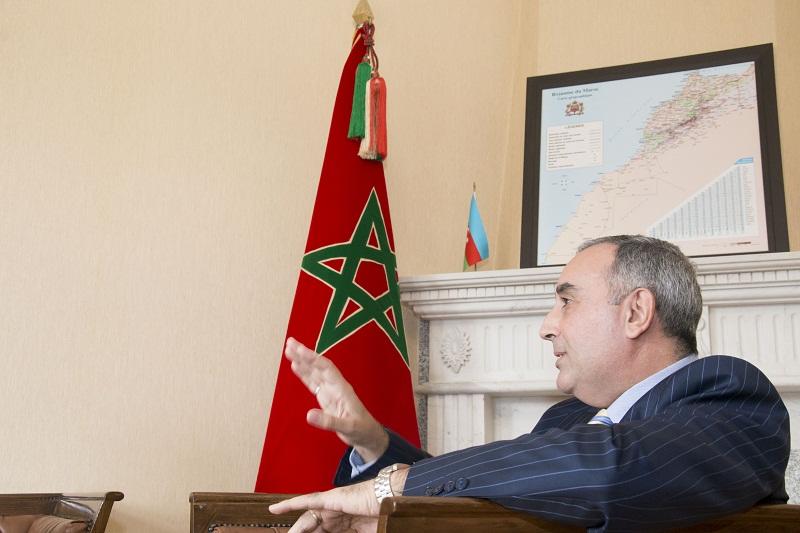
– What work is done to expand the cultural aspect of relations? Traditional Fez Festival has a great interest in Azerbaijan, what steps are you going to take to strengthen cultural ties between Azerbaijan and Morocco?
– Azerbaijan is a country with great cultural values. Azerbaijani people love culture. This is again something that we have in common. Morocco is a very ancient country and we have a very rich culture. Morocco has been a monarchy for more than twelve centuries. We have a long history that we are proud of. Morocco has always been a country that embraces different cultures. We are very open to other cultures and nations. When you look at the world map, you will see Morocco is in North Africa. There have always been different cultures. We have a strong identity and we accept other cultures which bring a value added. The constitution says that “Kingdom of Morocco intends to preserve, in its plentitude and its diversity, its one and indivisible national identity. Its unity is forged by the convergence of its Arab-Islamist, Amazighe and Saharan-Hassanic components, nourished and enriched by its African, Andalusian, Hebraic and Mediterranean influences [affluents]”. Therefore, we are plural but there is something that makes us ONE, which is the unanimity on the 12 century old Monarchy. When I talk about plurality, I talk about a rich culture. Because everyone brings his own component. One can imagine it like a mosaic. All these components make a beautiful picture. This is what Morocco is about. If you remove one of these components, you will destroy the whole picture.
One of the beauties of Azerbaijan is openness and promotion of multiculturalism. That’s why we have been invited to Nasimi Festival which promotes multiculturalism. All these make Morocco and Azerbaijan very close and bring that mosaic to Azerbaijan that we share a lot with your country: the diversity, similarity and etc. A few months ago, we organized a Gnawa music event in this beautiful International Mugham Center. Gnawa music is originally from Sub Saharan Africa, and it is part of the Moroccan culture. We are trying to bring to our Azeri brothers and sisters some components which make Morocco quite unique.
This unique aspect can be explained by Economic, historic, social and cultural reasons. Morocco is an Arab country, but it has its own specifics when compared to the other Arab countries: first, we are the only Arab economy that isn’t based on oil and gas. And Morocco was the only Arab country that was not occupied by the Ottoman Empire. Therefore, Morocco’s culture, architecture, culinary are different. This specificity of Morocco makes it unique. That is what we want to bring to our Azeri friends.
– You've been here for a while. You know local people, national cuisine, culture. What do you think the Moroccan and Azerbaijani peoples have in common?
– We will need the whole day to list all the similarities. Let’s focus on the main things. Well, physically, we look like each other. Second, we both reject obscurantism, intolerance and we both promote openness and tolerance. Morocco, for instance, is a mostly a Muslim country. But there is a small number of Moroccan Jews, whom we value and respect and this isn’t something new. In the 16th century, when Muslims and Jews were expelled from Andalusia, they found safe haven in Morocco. And since then, Jews have been living safely in Morocco. When France occupied Morocco in the 20th century, it was itself under the Nazi control. At that time, the Jews had to display the star of David so that they would be recognized. The King of Morocco, back then, refused this distinction and said that there should be no difference between Jews and Muslims. Both are Moroccans.
On the cultural aspect, there are some similarities in terms of clothes, traditional architectural patterns and cuisine as well. The Marrakech Tanjia looks just like the Sheki pitisi.
The Moroccan way of life is not far from the Azerbaijani one.
– Let's talk about it! I did not know that Morocco is too open to Western values. When talking about the effects of western culture, I remember that when I was still a schoolgirl, there was a serial about the love of a Brazilian guy and a Moroccan girl is very famous all over the world. It is clear from this serial that Moroccan girls are beautiful.
– Thank you very much! That is true.
– In this series, Moroccan traditions, culture, mentality were conservatively described. Of course, everything may look different from three to four thousand kilometers. Do you know this serial? Imaginations of Morocco have been created by this serial for most people. Are those cadres reflecting the truth?
– You are talking about "Clone". I have not watched that series, but I heard a lot about it I even watched some footage online just to have an idea. This series wasn’t filmed in Morocco. The film does not reflect the Moroccan reality. It reflects some fantasies and stereotypes for commercial reasons, but it prevent us from getting acquainted with the reality of Morocco. People in Morocco event didn’t know about it. But then again, it is quite a paradox that the movie wasn’t filmed in Morocco that is home to the world's second-largest film studios after Hollywood. Many famous films were shot in our country. Morocco combines the beauty of miraculous nature. Deserts, mountains and beaches. You can ride on the mountain for a day, walk down the desert, go to the sea and just surf. The last part of the "Mission Impossible" was shot in Morocco. Three parts of the world-renowned "Mummy" film, "The Last Temptation of Christ", were filmed in Morocco. This list can be continued. But not Clone! As I said before, Morocco has an old and rich history and tradition means a lot for the people. We are very passionate about our traditions but we are open to modernity and diversity. Everyone is free to wear as he or she sees fit. We do respect differences and women are very well emancipated in Morocco. One of them, Fatima Al Fihria, built the world's oldest university in Fez, Morocco in 859. Today, most Moroccans speak Arabic and French like Azerbaijanis who speak Azerbaijani and Russian. Morocco is a world famous tourist destination.
– If you were not an Embassy employee, would Azerbaijan be attractive tourism destination?
– Yes of course. Azerbaijan has been organizing recently many international events such as the Formula1, the Islamic Games, the European Games, the Eurovision etc. These events contributed a lot in the promotion of the country worldwide. Azerbaijan is a young country and thanks to these events, more and more people will learn about this beautiful country and would want to visit it.
At the Embassy, we are trying to promote both Moroccan and Azerbaijan to tourists from both countries. When we organize events here, we inform also the Moroccan media so that people in Morocco learn more about Azerbaijan.
Azerbaijan has so many things that can make tourists interested in coming. One of them is the high level of security in the street. Not many cities around the world can offer such privilege. Developing a tourism industry is a long process though. Other than the infrastructure, it requires human resources and related services. In Morocco, we have this tradition because we have schools of tourism and hospitality that can accommodate student from Azerbaijan. Handicraft is also important for tourist who want local souvenirs and gifts. Talking about handicraft, Azerbaijan and Morocco will soon sign an agreement in this field. In terms of infrastructure, the Heydar Aliyev Airport is a major plus. Few airports around the world have 5 Skytrax stars. It is a big achievement for a country like Azerbaijan. Airports are very important in terms of impression because they are the first and the last things a visitor gets to see.

– How do you see Azerbaijan’s role in the region involving in the next few years?
–Azerbaijan has big ambitions to become a logistic platform in the region. And it has what it takes for that. The North-South Corridor, the recently inaugurated Baku –Tbilisi-Kars railway and the new port are a few examples. The Southern Gas Corridor will increase Azerbaijan’s importance as an energy supplier to Europe. If everything goes as planned, 2020 will see the completion of TAP pipeline, which will bring more prestige to Azerbaijan in the economic and political arena.
– What are some challenges you’ve faced working as the Ambassador in Azerbaijan?
–Our relations are very good. Some diplomats would spend valuable time fixing problems. My team and I are only focusing on building more bridges between our two countries. This good relation must be nourished and preserved through more exchange of visits and more business relations. Opportunities are numerous and both sides are committed to size them.
